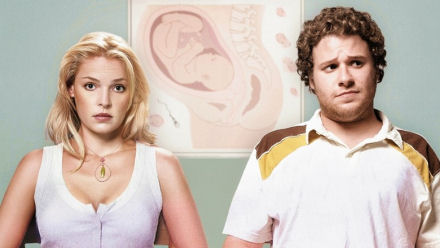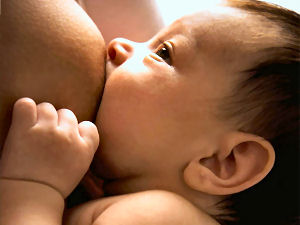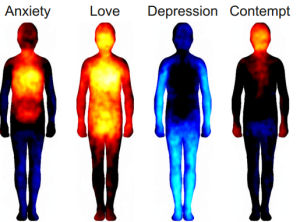
“Prior sex researchers have focused primarily on the emotion of sexual attraction in sexual decisions,” explained evolutionary psychologist David Buss, from the University of Texas at Austin. “These studies point to the importance of a neglected mating emotion – sexual regret – which feels experientially negative but in fact can be highly functional in guiding adaptive sexual decisions.”
In one part of the study, 200 respondents evaluated hypothetical scenarios in which someone regretted pursuing or failing to pursue an opportunity to have sex. In the second strand, participants were given a list of common sexual regrets and were asked to indicate which ones they have personally experienced. The last study replicated this with a larger sample of 24,230 individuals that included gay, lesbian and bisexual respondents.
The findings show how human emotions such as regret can play an important role in survival and reproduction. They suggest that men are more likely to regret not taking action on a potential liaison, and women are more remorseful for engaging in one-time liaisons.
Key findings include:
- The top three most common regrets for women are: losing virginity to the wrong partner (24 percent), cheating on a present or past partner (23 percent) and moving too fast sexually (20 percent).
- For men, the top three regrets are: being too shy to make a move on a prospective sexual partner (27 percent), not being more sexually adventurous when young (23 percent) and not being more sexually adventurous during their single days (19 percent).
- More women (17 percent) than men (10 percent) included “having sex with a physically unattractive partner” as a top regret.
- Comparing gay men and lesbian women, and bisexual men and bisexual women, a similar pattern held – women tended to regret casual sexual activity more than men did.
 “For men throughout evolutionary history, every missed opportunity to have sex with a new partner is potentially a missed reproduce opportunity – a costly loss from an evolutionary perspective,” explained co-researcher Martie Haselton (pictured right), from UCLA. “But for women, reproduction required much more investment in each offspring, including nine months of pregnancy and potentially two additional years of breastfeeding. The consequences of casual sex were so much higher for women than for men.”
“For men throughout evolutionary history, every missed opportunity to have sex with a new partner is potentially a missed reproduce opportunity – a costly loss from an evolutionary perspective,” explained co-researcher Martie Haselton (pictured right), from UCLA. “But for women, reproduction required much more investment in each offspring, including nine months of pregnancy and potentially two additional years of breastfeeding. The consequences of casual sex were so much higher for women than for men.”
Related:
Discuss this article in our forum
Masculinity trumps intelligence for ovulating women
Study suggests the war on drugs might really be a war on sex
Sex, Lies and Pharmaceuticals
Ancient Man Spread The Love Around










Comments are closed.